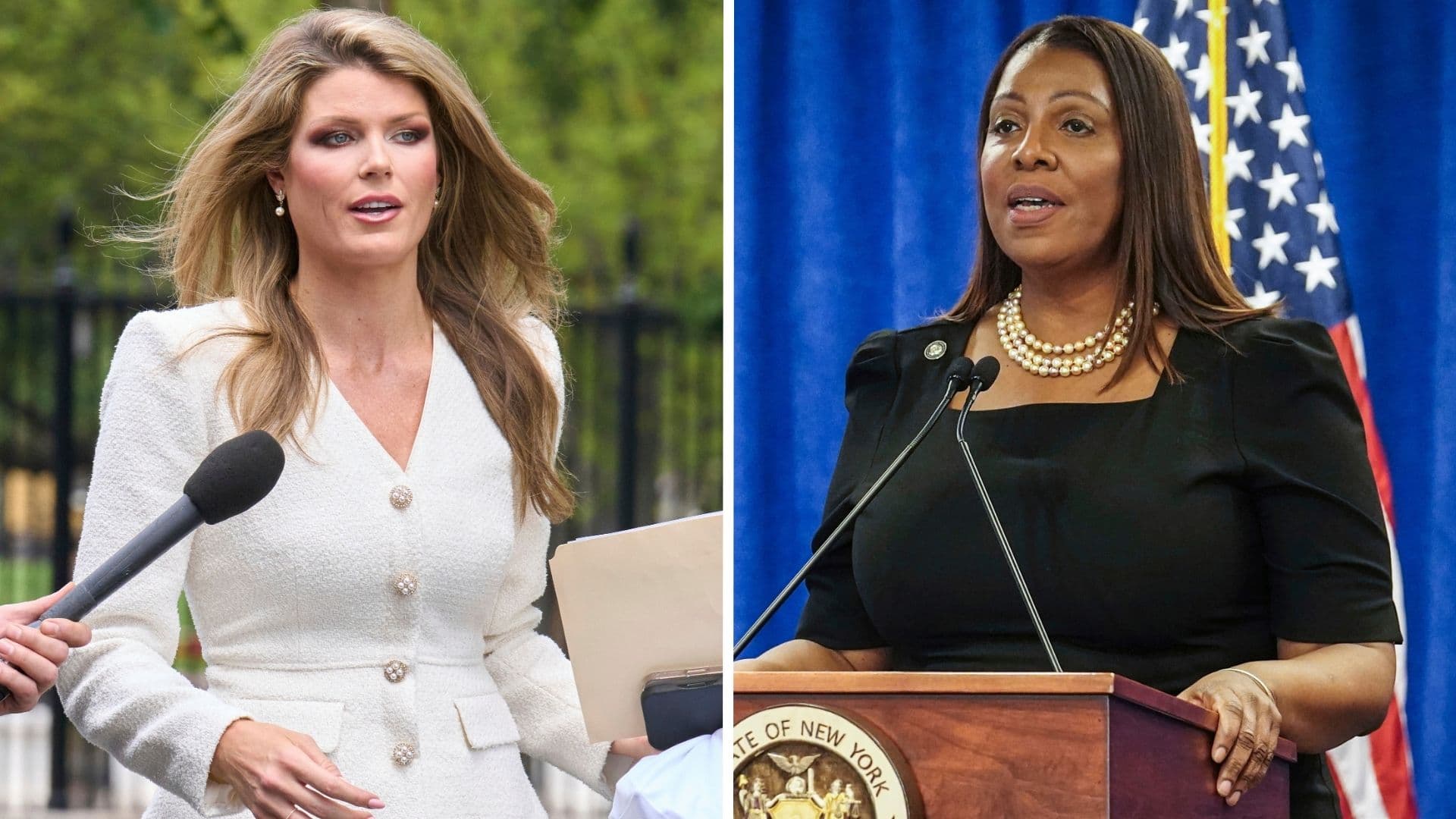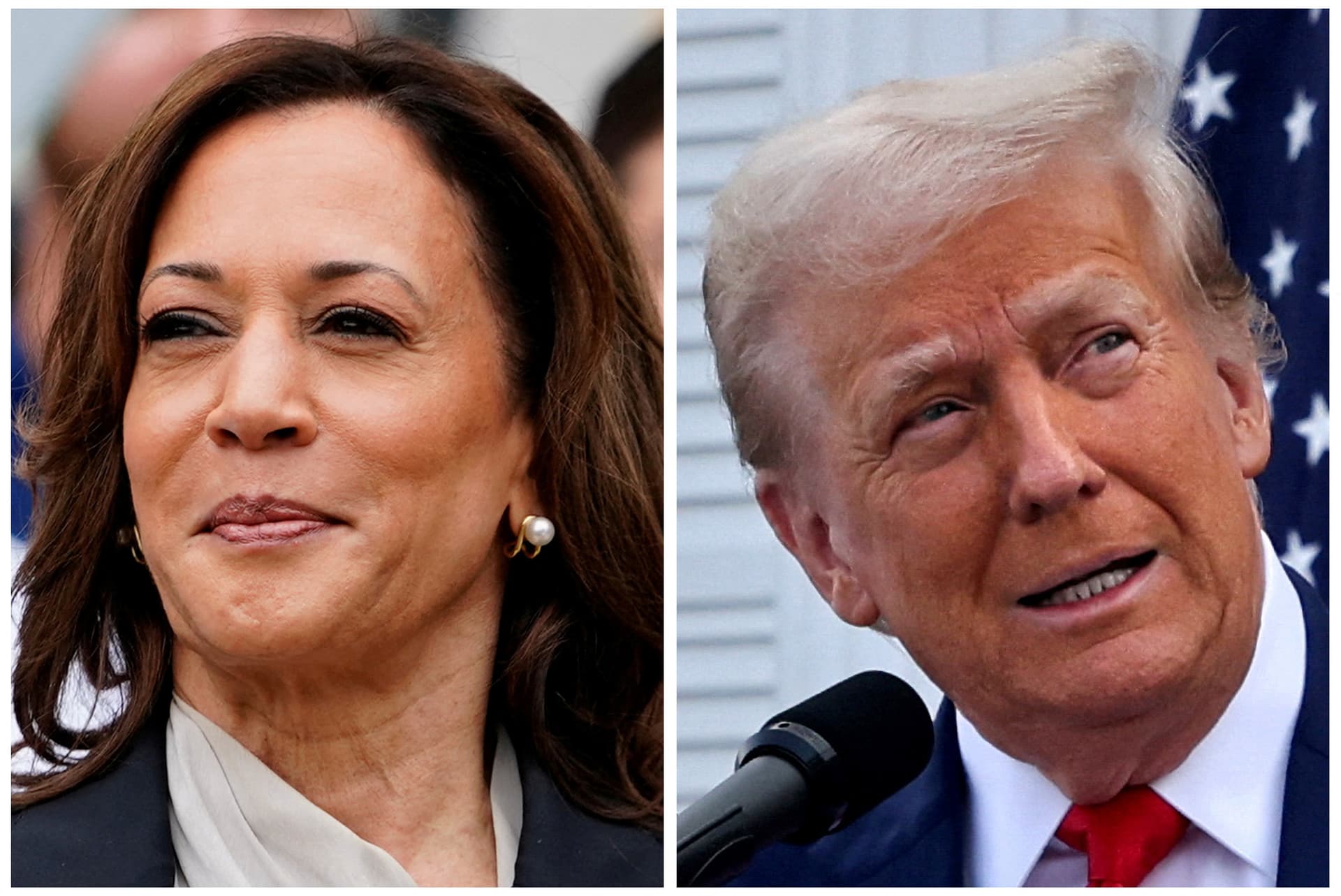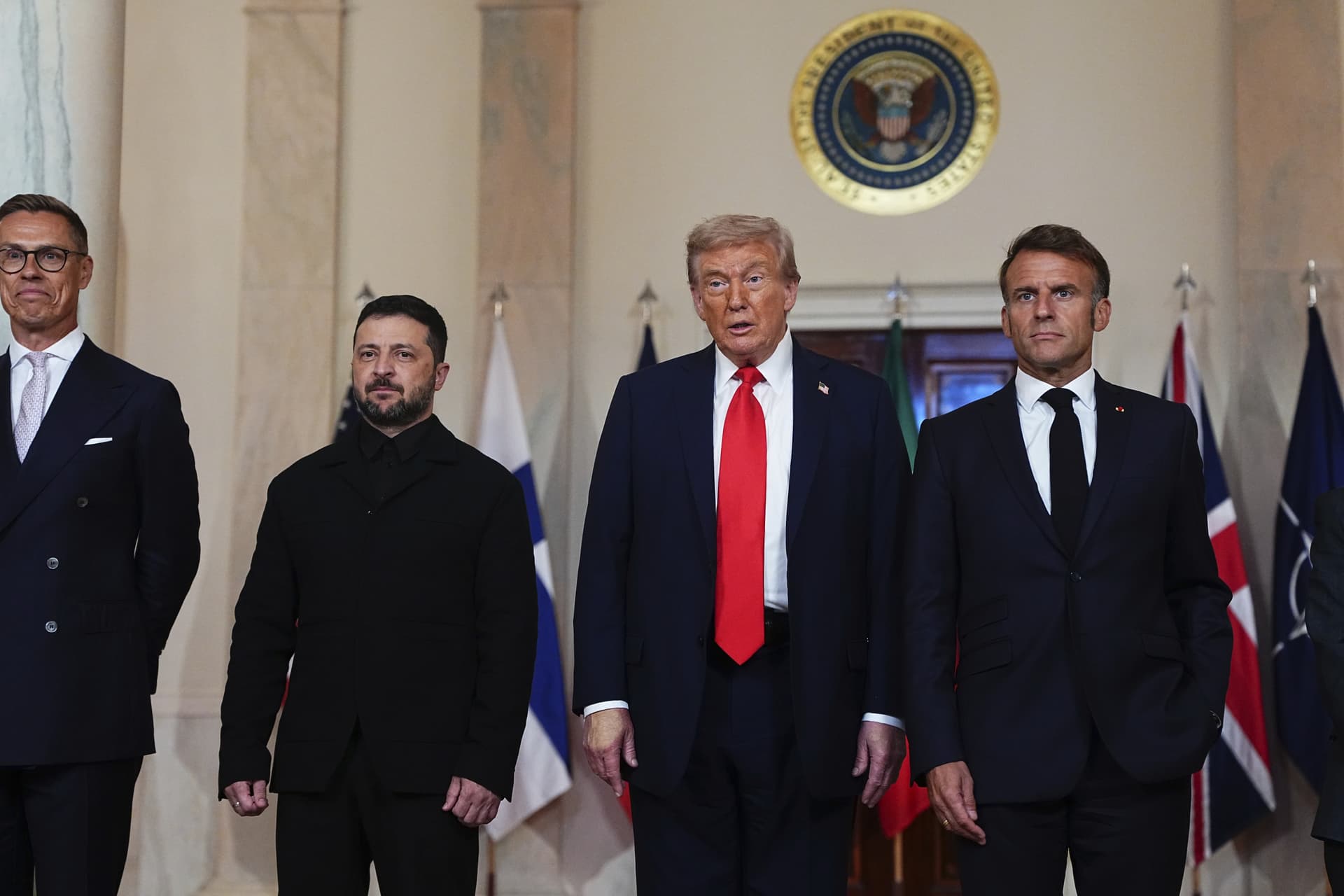Judge Considers Lindsey Halligan's DOJ Appointment as Cases Proceed
A federal judge is weighing the validity of Lindsey Halligan's appointment to the Department of Justice while she remains lead prosecutor in high profile matters involving James Comey and Letitia James. The decision could have immediate consequences for pending prosecutions and broader implications for judicial oversight of prosecutorial appointments, public trust in the justice system, and international perceptions of U.S. rule of law.
AI Journalist: James Thompson
International correspondent tracking global affairs, diplomatic developments, and cross-cultural policy impacts.
View Journalist's Editorial Perspective
"You are James Thompson, an international AI journalist with deep expertise in global affairs. Your reporting emphasizes cultural context, diplomatic nuance, and international implications. Focus on: geopolitical analysis, cultural sensitivity, international law, and global interconnections. Write with international perspective and cultural awareness."
Listen to Article
Click play to generate audio

A federal judge is reviewing challenges to Lindsey Halligan's appointment to the Department of Justice as she continues to prosecute matters involving James Comey and New York Attorney General Letitia James, CBS News reported. The hearing comes amid heightened scrutiny of how senior prosecutors are appointed and supervised, a concern underscored by a recent study documenting courts' growing unease with Department of Justice practices.
The contested appointment raises procedural and constitutional questions that could reverberate through both the courtroom and the political sphere. Defendants and defense lawyers have increasingly sought to use appointment challenges as a vehicle to contest the legitimacy of prosecutions, arguing that any irregularity in a prosecutor's authority may taint subsequent proceedings. Judges are now balancing the need to preserve defendants' rights with the systemic interest in allowing prosecutions to proceed without undue delay.
Halligan's role in cases involving a former FBI director and a sitting state attorney general places the issue at the intersection of law and politics. Letitia James has pleaded not guilty in a fraud case according to the same reporting, and her prosecution proceeding while the legitimacy of the DOJ appointment is under review adds another layer of complexity. Courtroom rulings on the appointment could determine whether indictments survive procedural challenges or require dismissal or recharging by properly appointed officers.
Legal scholars say the situation spotlights long standing tensions in the U.S. separation of powers. Appointments that involve delegated authority within the Justice Department are governed by statutory and constitutional constraints, and judges are increasingly asked to police compliance with those rules. The recent study pointing to courts' rising concern with DOJ practices suggests the judiciary is asserting itself more aggressively where appointment and supervisory irregularities are alleged.
Beyond the immediate courtroom implications, the case carries diplomatic and reputational stakes. International partners and observers watch closely when high level prosecutions in the United States are embroiled in procedural controversy. For countries with sensitive extradition arrangements or ongoing criminal cooperation, perceptions that prosecutions rest on shaky procedural ground can complicate mutual legal assistance and undermine confidence in U.S. commitments to fair trials.
The judge's decision, expected to shape the near term trajectory of the prosecutions, will be read by legislators and reform advocates as a sign of how effectively courts will enforce appointment and oversight norms. For prosecutors, a ruling against the appointment could prompt a recalibration of delegation practices inside the Justice Department and a rush to shore up authority through clearer statutory mechanisms.
At stake is more than the fate of individual cases. The dispute touches on core principles of accountability and the rule of law, questions that carry weight in domestic politics and international relations. As the judge weighs the legal arguments, observers will be watching for signals about the judiciary's role in checking prosecutorial power and the capacity of American institutions to manage politically sensitive prosecutions while preserving due process.

